Keynote Speakers
SESSION 1

Coffee and Health: a Critical Review
Richard STADLER
- Scientific Advisor
- Nestlé Research - Lausanne, Switzerland
+
SESSION 2
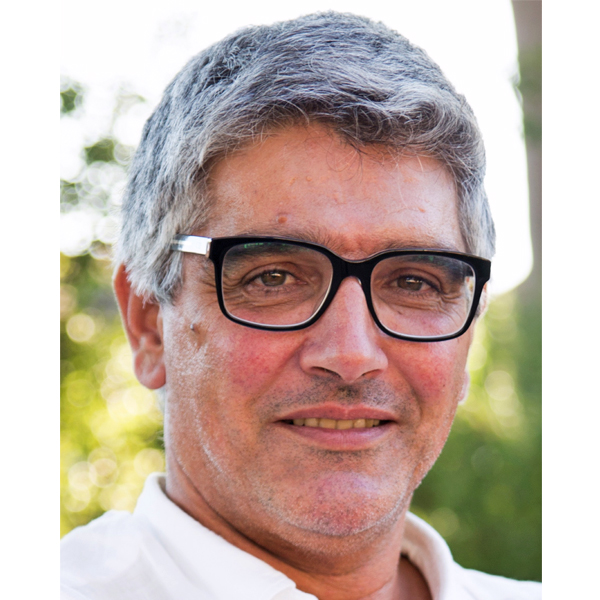
Impact of Coffee Consumption on Aging
Rodrigo CUNHA
- Professor at the Faculty of Medicine
- Investigator at the Center for Neuroscience and Cell Biology of the University of Coimbra
- Scientific Coordinator of MIA-Portugal
+
SESSION 3
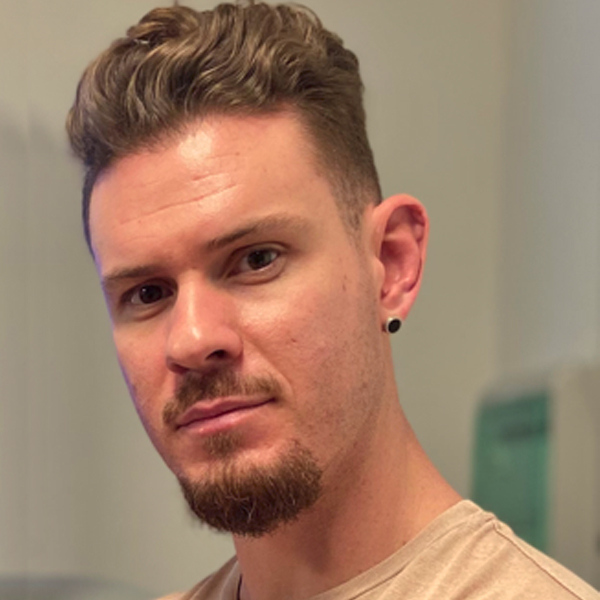
Spatial mapping of metabolites in coffee: Roots and beans under the molecular lens
Andrew SMITH
- Associate professor
- University of Milano-Bicocca
https://www.webofscience.com/wos/author/record/AAF-7926-2020
+
SESSION 5
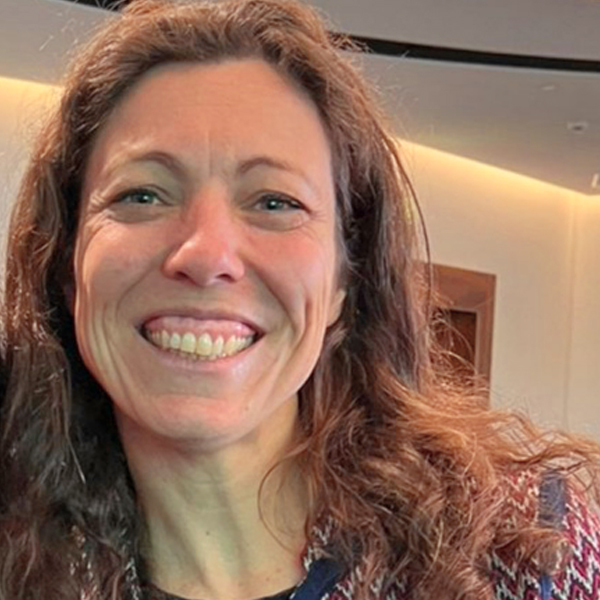
Environmental impacts of coffee, methodological bottlenecks and practical levers
Cécile CHÉRON-BESSOU
- CIRAD (senior scientist), ABSys research unit - Montpellier, France
- Research on agroecology and environmental impact assessment of perennial crops
https://agents.cirad.fr/Cécile+Chéron-Bessou
+
SESSION 7
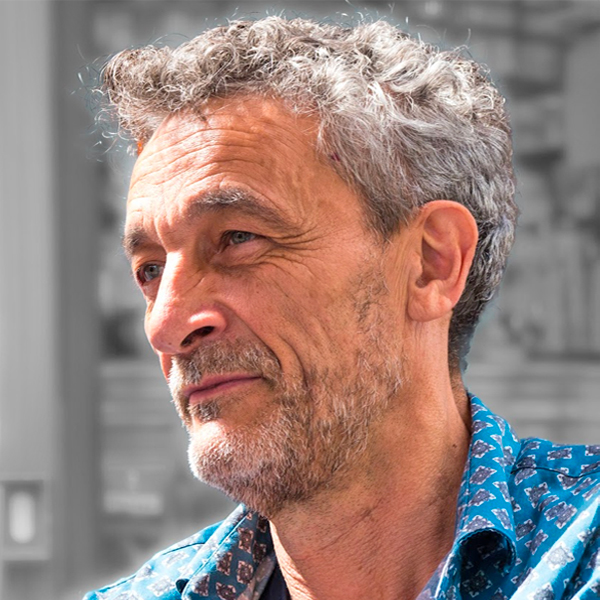
Improving the sustainability of coffee in the face of climate change by breeding new coffee varieties
Benoit BERTRAND
- Coffee breeder and geneticist (former CIRAD senior scientist)
- Secretary of ASIC
- Montpellier, France
+
SESSION 9
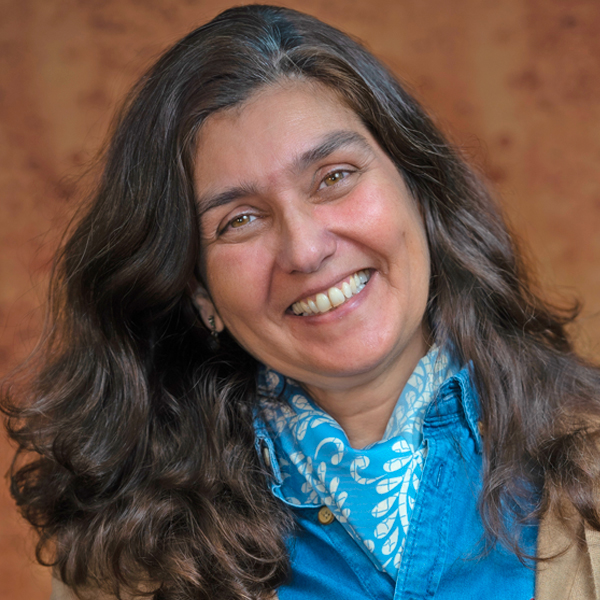
Insights into the evolutionary dynamics of coffee rust: what have we learned so far and what does the future hold
Dora BATISTA
- Pathogen genetic diversity and evolution
- Coffee Rust Research Center (Centro de Investigação das Ferrugens do Cafeeiro, CIFC)
- Linking Landscape, Environment, Agriculture and Food (LEAF), Associated Laboratory TERRA
- Instituto Superior de Agronomia, Universidade de Lisboa - Portugal
https://www.isa.ulisboa.pt/en/cifc/about/team
+
SESSION 11
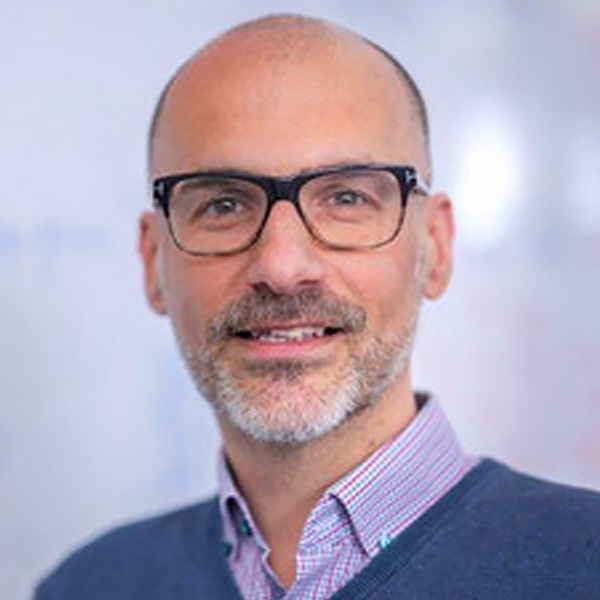
Predicting dynamic plant responses using genetic markers
Zoran NIKOLOSKI
- Chair of Bioinformatics at University of Potsdam
- Collaborative Research Group Leader at the Max Planck Institute of Molecular Plant Physiology - Potsdam, Germany
+
SESSION 13

The Science Behind Coffea Canephora: microbiome, chemistry and quality
Lucas LOUZADA PEREIRA
- Chief Operating Officer at Mió Brazil
- Co-founder and President at Mió Institute
+
